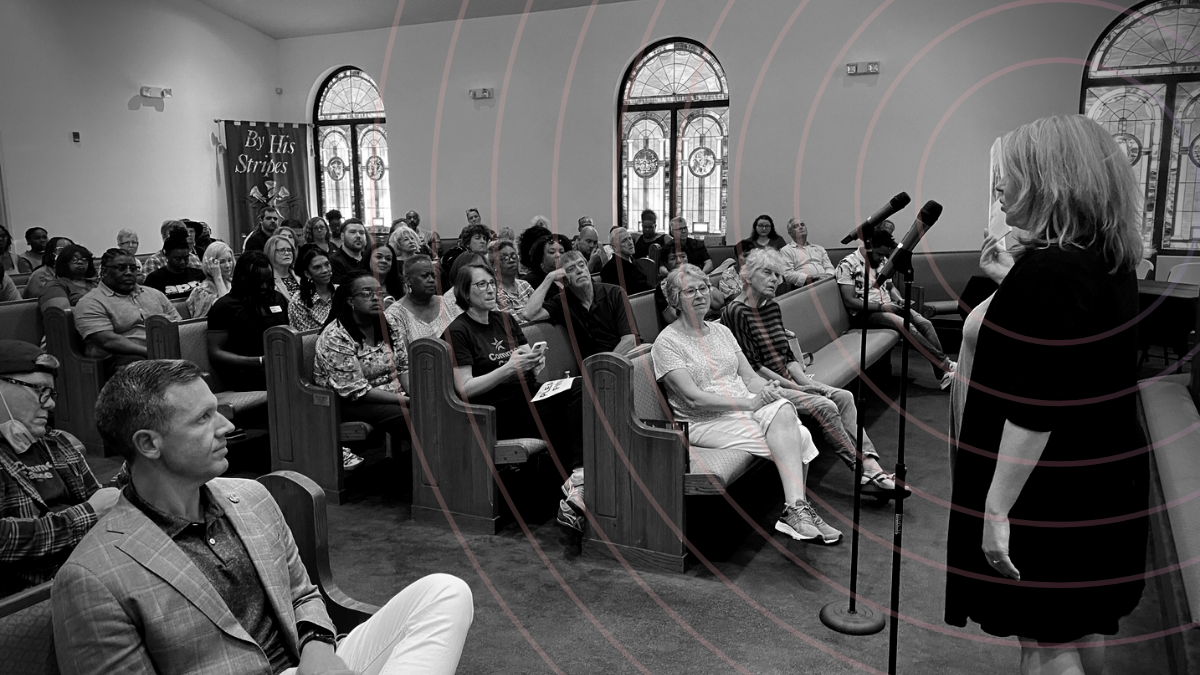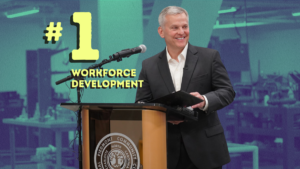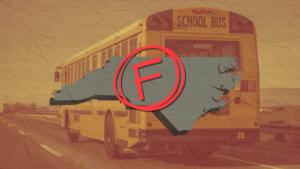Source: News & Observer
A series of town halls happening statewide is bringing communities together and giving residents an opportunity to demand politicians answer for their policy decisions.
Known as the #UniteNC Town Hall Tour, local advocacy group Common Cause North Carolina is hosting 19 town halls across the state in an effort to encourage North Carolinians to speak out, organize and vote in response to the extremist measures pushed out by the Republican-controlled General Assembly.
In the latest legislative session, state Republicans have introduced bills targeting transgender youth, limiting reproductive health care access, increasing anti-voter measures, and stripping funding away from public schools.
Although many of these bills were initially vetoed by Gov. Roy Cooper, due to a Republican supermajority in the legislature, state Republicans received enough votes for a veto override on several controversial bills.
“We can’t keep going to Raleigh,” Gino Nuzzolillo, a 25-year-old staffer at Common Cause, told The News & Observer. “We have to build a base in other places.”
According to The News & Observer, more than 400 people have attended the first five town halls, with local state lawmakers invited to each town hall.
No Republican lawmakers have attended the town halls, however, seven Democratic lawmakers have attended.
“Republicans, entrenched in gerrymandered districts and confident after more than a decade of controlling the legislature, feel free to ignore such gatherings,” wrote Ned Barnett, Associate opinion editor at The News & Observer.
“It’s the same attitude that has led to a closed legislative process in which the public is largely shut out and Democratic lawmakers are not a factor. Instead, the priorities and the future of the state are dictated by a handful of Republican leaders.”
“In this series of town halls, the people of North Carolina are stirring. First, it may be a little, but by 2024 it could be a lot,” Barnett added.
Read more at The News & Observer





